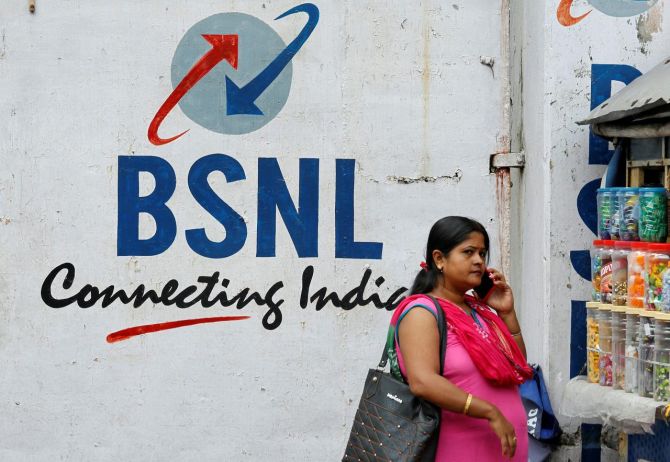The government can issue recapitalisation bonds, or the RBI's huge reserves of over $127 can also be dipped into to help the state-owned bank's recapitalisation needs.

State-owned banks' non-performing loans are likely to rise by 2-4 percentage points, which will put up to $15 billion recapitalisation pressure on the government in FY21, a foreign brokerage firm said on Tuesday.
The consolidated fiscal deficit target is likely to overrun by 2 percentage points due to stimulus spends, lower tax receipts and dip in divestments, and will have to look for different ways of raising resources for recapitalisation, analysts at Bank of America said.
The government can issue recapitalisation bonds, or the RBI's huge reserves of over $127 can also be dipped into to help the state-owned bank's recapitalisation needs, it said.
There is a near-unanimity among analysts that the ongoing COVID-19 pandemic will lead to an increase in bank's gross non-performing assets with some reports pegging the stock to double as well.
The brokerage said the increase in non-performing assets by 2-4 percentage points will need a government recapitalisation requirement by $7-15 billion.
It said the recap bonds are a tried and tested instrument which has helped the banks in the past.
"The government will infuse capital into PSU banks and fund it by issuing recapitalisation bonds to them. PSU banks will invest the capital received in recapitalisation bonds," Bank of America said.
Asserting that such a move does not entail a moral hazard, it elaborated saying PSU banks can heal their broken balance sheets and meet adequate capital requirements through the bonds and once growth recovers, the government can gradually convert these recap bonds into normal G-secs and sell them to the market.
The interest cost on the bonds will impact the Centre's fiscal deficit, although that will also be partly moderated by profit transfers from PSU banks holding recap bonds, it said.
Recapitalisation bonds enter the fiscal deficit in the year of their maturity and it is because of this that the bonds were issued without any fixed maturity in the past instances, it added.
Apart from the bonds, the RBI's revaluation reserves of $127 billion can also be deployed, it suggested, adding that such a move will be neutral from a fiscal deficit perspective.









